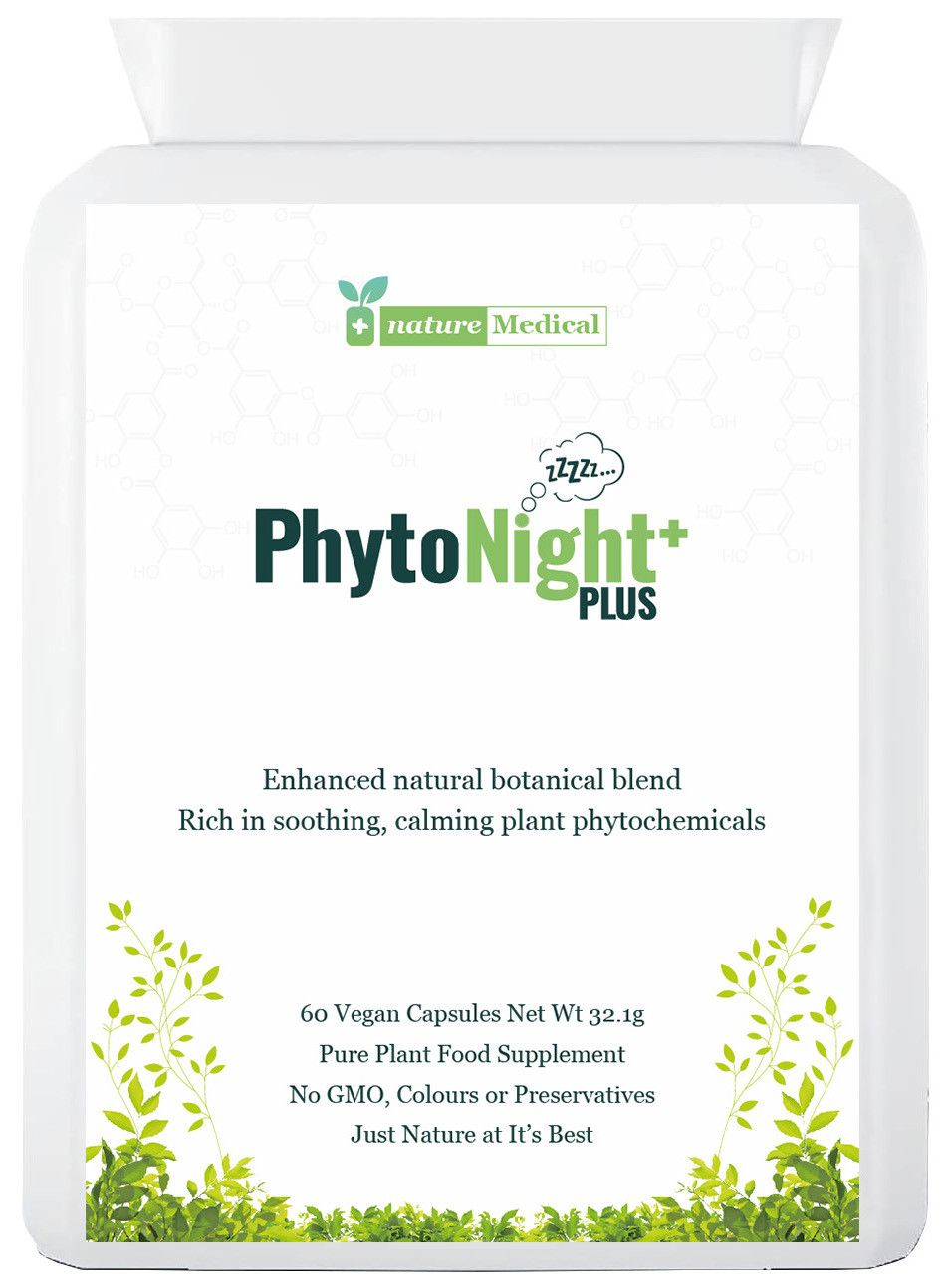|
|
|
|
Tips to get better night sleep |
|
|
Disruption of a normal sleep pattern is common after a diagnosis of cancer. There are a lot of things to worry about, the treatment, how you will feel, financial and family issues. So, it's normal to wake up thinking and worrying about them at night. If this is associated with depressive thoughts, particularly waking in the early hours and is persistent it may be worth talking to your GP as this as it may be signs of early depression. Sleeplessness is a major cause of day time fatigue and can lead to low mood and motivation. There are many lifestyle strategies, including sleep hygiene tips (see
below) which may help improve sleep - read
more .
Over the counter strategies Valerian is a pungent smelling plant has been used for sleep problems for years but there is little robust or convincing evidence for its effectiveness. The roots and stems of the valerian plant are made into teas, tinctures, capsules, extracts, and tablets. While each type of preparation has its fans, the tea can have an unpleasant odour, and researchers generally use liquid extracts or capsules in their research. Most people report that it is more effective once they have been taking it for several weeks. However, further research is needed to determine how effective valerian is in treating insomnia. Because experts have not located a single active compound, they speculate that valerian’s effect may be due to several compounds working together, or the amino acids GABA or glycine. Valerian is generally considered safe for adults. Side effects are rare and tend to be mild but may include headache, dizziness, itching, and stomach upset. N-acetyl-5-methoxytryptamine is licenced in the UK as part of a product called Circadin so can be prescribed by the GP but not available over the counter. It can be in the form of a ‘prolonged-release’ tablet which, ideally, shouldn’t be taken for more than a 13-week course. The release of melatonin correlates with the body’s cycle of day and night. The highest levels of the hormone are produced at night. Melatonin may play an essential role in relieving sleeping disorders, depression, and immune system deficiencies. As light inhibits its production, and darkness stimulates it, melatonin regulates the body’s internal clock. Double-blind research shows that this hormone helps people sleep, shortens the number of awakenings in the night, and improves the quality of sleep. It is also very useful in treating jet lag, as it promotes quicker recovery from that “out of it” stage one may experience after extended periods of flight. Research has also shown that having enough melatonin has positive psychological benefits on a person’s mood, while a lack of melatonin corresponds to anxiety, fatigue and hostility. The body produces some melatonin naturally during sleep, and many doctors and experts recommend a level similar to the body’s own production – between one to three milligrams taken before a person wants to go to sleep. Melatonin should not be taken during the day. Some uncommon side effects are reports of grogginess, sleepwalking, and disorientation. Pregnant or breast-feeding women should not take melatonin. Essential oils are a good way to foster relaxation and better shut-eye. Many people choose to use a diffuser with essential oils to give their room a calming scent. One of the most popular scents for good sleep is lavender. Most studies on lavender’s efficacy as a sleep aid have focused on lavender essential oil, though some people also use the dried herb as a tea or in their pillow. Essential oils should not be ingested except under a doctor’s supervision, as even lavender oil contains poisonous compounds. Instead, the oil should be diffused into the air or diluted in a neutral cream or oil for use on the skin.
| |






